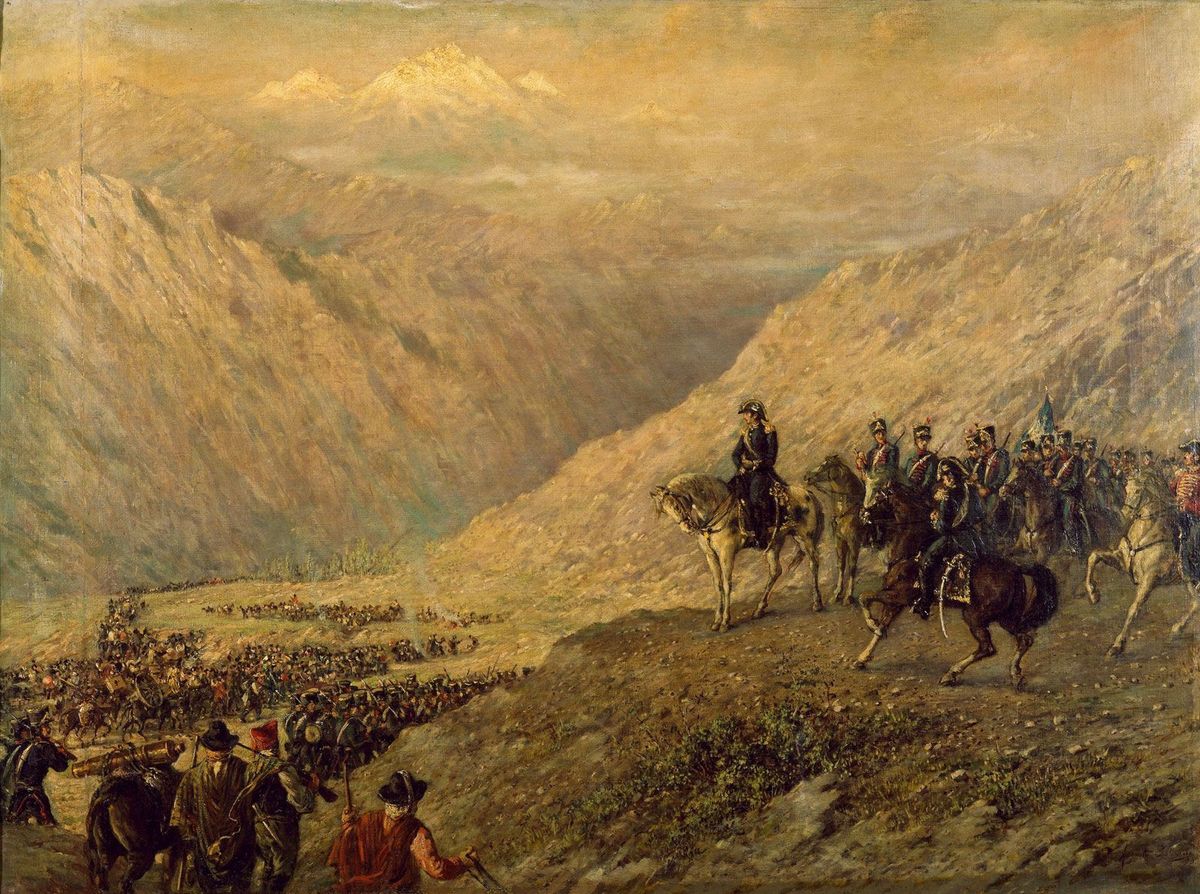
The Mapuche Uprising of 1881 was a significant event in Chilean history, marking a fierce resistance by the Mapuche people against the Chilean government's attempts to seize their lands. This conflict, rooted in centuries of tension, saw the Mapuche warriors employing guerrilla tactics to defend their territory. Why did the Mapuche rise up in 1881? They were driven by the need to protect their ancestral lands from encroaching settlers and government forces. What were the outcomes of this uprising? The conflict resulted in heavy casualties on both sides and led to the eventual subjugation of the Mapuche, but it also highlighted their resilience and determination. Understanding this uprising provides insight into the broader struggles of indigenous peoples in Latin America during the 19th century.
Key Takeaways:
- The Mapuche Uprising of 1881 was a significant event in the history of the Mapuche people, showcasing their resilience against colonization and inspiring future generations to fight for their rights and cultural preservation.
- The uprising drew international attention and continues to influence modern-day efforts for indigenous rights, serving as a reminder of the ongoing struggle for autonomy and cultural revival.
The Mapuche People
The Mapuche are an indigenous group from South America, primarily residing in Chile and Argentina. Their history is rich with culture, traditions, and resistance against colonization. The Mapuche Uprising of 1881 is a significant event in their history.
-
The Mapuche people have lived in the region for thousands of years, long before European colonizers arrived.
-
They are known for their strong sense of community and resistance to external control.
-
The Mapuche language, Mapudungun, is still spoken by many today, preserving their cultural heritage.
Causes of the Uprising
Understanding the reasons behind the Mapuche Uprising of 1881 helps us grasp the depth of their struggle. Several factors contributed to this significant event.
-
The Chilean government’s expansionist policies threatened Mapuche lands and way of life.
-
Forced assimilation and cultural suppression by the government fueled resentment among the Mapuche.
-
Economic exploitation and unfair trade practices left the Mapuche impoverished and desperate.
Key Events During the Uprising
The uprising was marked by several key events that showcased the Mapuche's determination and resilience.
-
In early 1881, Mapuche leaders convened to discuss strategies for resisting Chilean encroachment.
-
The Mapuche launched coordinated attacks on Chilean settlements, reclaiming their lands.
-
Several battles ensued, with the Mapuche using guerrilla tactics to outmaneuver the Chilean military.
Notable Leaders
Leadership played a crucial role in the uprising. Several Mapuche leaders emerged as symbols of resistance.
-
Chief Quilapán was a prominent leader who inspired many with his bravery and strategic acumen.
-
Chief Catrileo also played a significant role, leading numerous successful raids against Chilean forces.
-
Chief Mañil was another key figure, known for his diplomatic efforts to garner support from other indigenous groups.
Impact on the Mapuche Community
The uprising had profound effects on the Mapuche community, both positive and negative.
-
The uprising strengthened the sense of unity and identity among the Mapuche people.
-
Despite their efforts, many Mapuche were displaced from their ancestral lands.
-
The Chilean government intensified its efforts to assimilate the Mapuche, leading to further cultural erosion.
International Attention
The Mapuche Uprising of 1881 drew attention from various international observers and organizations.
-
Reports of the uprising reached Europe, where some sympathized with the Mapuche cause.
-
International human rights organizations began to take notice of the Mapuche's plight.
-
The uprising highlighted the broader issue of indigenous rights in South America.
Legacy of the Uprising
The legacy of the Mapuche Uprising of 1881 continues to influence the Mapuche people and their fight for rights.
-
The uprising is remembered as a symbol of resistance and resilience in Mapuche history.
-
It inspired future generations to continue advocating for their rights and cultural preservation.
-
The Mapuche Uprising of 1881 is commemorated through various cultural events and educational programs.
Modern-Day Relevance
The impact of the uprising is still felt today, as the Mapuche continue to fight for their rights and recognition.
-
The Mapuche people are actively involved in political movements advocating for land rights and autonomy.
-
Cultural revival efforts are underway to preserve and promote Mapuche traditions and language.
-
The Mapuche Uprising of 1881 serves as a reminder of the ongoing struggle for indigenous rights worldwide.
-
The resilience and determination of the Mapuche people continue to inspire indigenous communities globally.
Reflecting on the Mapuche Uprising of 1881
The Mapuche Uprising of 1881 stands as a significant chapter in history, showcasing the resilience and determination of the Mapuche people. This event wasn't just a rebellion; it was a fight for their land, culture, and identity. The uprising highlighted the tensions between indigenous communities and colonial forces, emphasizing the importance of understanding and respecting cultural differences.
Learning about this uprising provides valuable insights into the struggles faced by indigenous populations worldwide. It reminds us of the importance of preserving cultural heritage and advocating for the rights of marginalized communities. The Mapuche's fight for justice continues to inspire many, serving as a powerful example of resistance and perseverance.
By remembering events like the Mapuche Uprising of 1881, we honor the past and strive for a more inclusive and respectful future.
Frequently Asked Questions
Was this page helpful?
Our commitment to delivering trustworthy and engaging content is at the heart of what we do. Each fact on our site is contributed by real users like you, bringing a wealth of diverse insights and information. To ensure the highest standards of accuracy and reliability, our dedicated editors meticulously review each submission. This process guarantees that the facts we share are not only fascinating but also credible. Trust in our commitment to quality and authenticity as you explore and learn with us.
